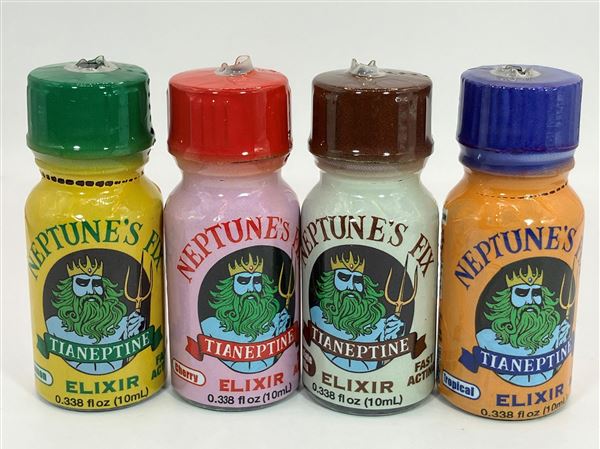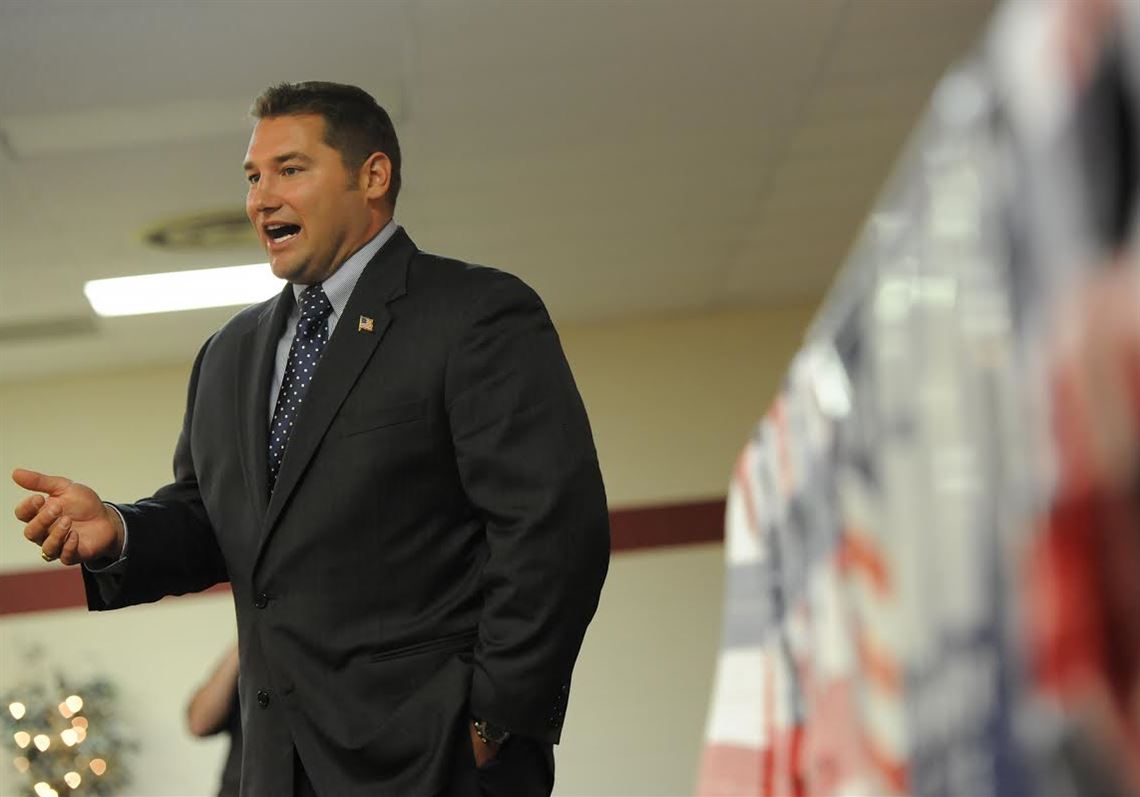On June 30, two Pennsylvania state constables in Monroe County were arrested and charged with perjury, accused of faking documents and lying under oath.
On that same day in neighboring Luzerne County, another constable was charged with official oppression and false imprisonment for allegedly locking a woman in his car without a warrant in hand.
Two days later in Pittsburgh, John Miller, a state constable, tried to shoot out a vehicle’s tires in Homewood, then chased the SUV for a mile before again firing several shots. The incident prompted Allegheny County District Attorney Stephen A. Zappala Jr. to open an investigation into his actions.
The incidents come as two state senators work to introduce legislation to reform the state’s constable system creating oversight boards in every county with the power to discipline wayward constables, and by increasing background checks, standards and training.
“Now more than ever, with what has been going on in the last week, in the last month, with constables, the answer is not to do away with them,” said John Weiser, president of the Commonwealth Constables Association. “The answer is to bring standards, professionalization and to modernize through legislation.”
His association, which represents about 300 of the state’s 1,200 certified constables, has been working with state senators Guy Reschenthaler and Richard Alloway II to craft the legislation, he said.
The bill is designed to put teeth behind a set of standards the state Supreme Court released to guide constables in 2013. The court declared, among other reforms, that constables must transport prisoners in cars that have a permanent cage separating the front and back seats; they must wear clothing that clearly identifies them as constables carrying out judicial duties; and when transporting a prisoner, at least one constable must be certified and carry a firearm.
“But there was no enforcement piece,” said Joshua Stouch, legislative director for the association. “It’s like saying, ‘Thou shall not rob a bank,’ but if you do we can’t do anything.”
The proposed bill would set up constable oversight boards in each county across the state, Mr. Stouch said. The boards would review complaints against constables that don’t rise to the criminal level, he said, and would have the power to discipline constables with anything ranging from a written reprimand to a suspension from duty.
The exact makeup of such a board hasn’t been determined, Mr. Weiser said, although he expects it would contain a constable, a district or president judge, county commissioner and a citizen-at-large.
Constables are quasi-law enforcement officers who are responsible for, among other things, providing security to magisterial district courts, transporting prisoners and serving arrest warrants.
They can either be elected, deputized or appointed, and are not direct employees of the court, but instead work on a contract basis. Mr. Reschenthaler, who previously served as a district judge, said he’s seen first-hand how important it is for district courts to have constables.
“We need to recognize they’re a vital part of the criminal justice system, and they’re necessary at the magisterial district court level for the system to work,” Mr. Reschenthaler said. “We simply just need modernization, reforms and professionalism within the constabulary.”
Mr. Reschenthaler said the constable review boards would ensure compliance to state standards, while other parts of the bill would set standards for physical fitness, medical and psychological evaluations, and background checks.
Currently, someone with a criminal record can serve as a constable, Mr. Weiser said — even a felon could take the job, as long as he or she did not carry a firearm — but the drafted legislation would prohibit anyone who served more than a year in jail from becoming a constable, he said.
Mr. Reschenthaler expects to introduce the bill to the senate in the fall and is getting feedback on the proposed changes from a variety of stakeholders, he said. State Senator Stewart Greenleaf, who chairs the Senate Judiciary Committee, has reached out to Mr. Zappala for input.
Mr. Reschenthaler said he also is working with all three of the state’s constable organizations, including the Fraternal Order of Constables, which is headed by president Roger Metzgar — one of the two constables arrested in Monroe County in June and charged with perjury.
Mr. Metzgar is accused of creating a fake search and rescue team so that he other constables could skirt a law forbidding them from installing blue emergency lights on vehicles, then lying in court and submitting a fake document to officials who questioned the rescue team’s legitimacy.
Shelly Bradbury: 412-263-1999, sbradbury@post-gazette.com or follow @ShellyBradbury on Twitter.
First Published: July 20, 2017, 11:15 a.m.

















